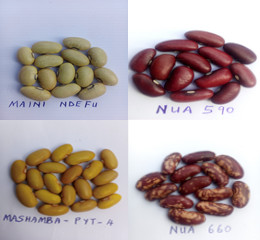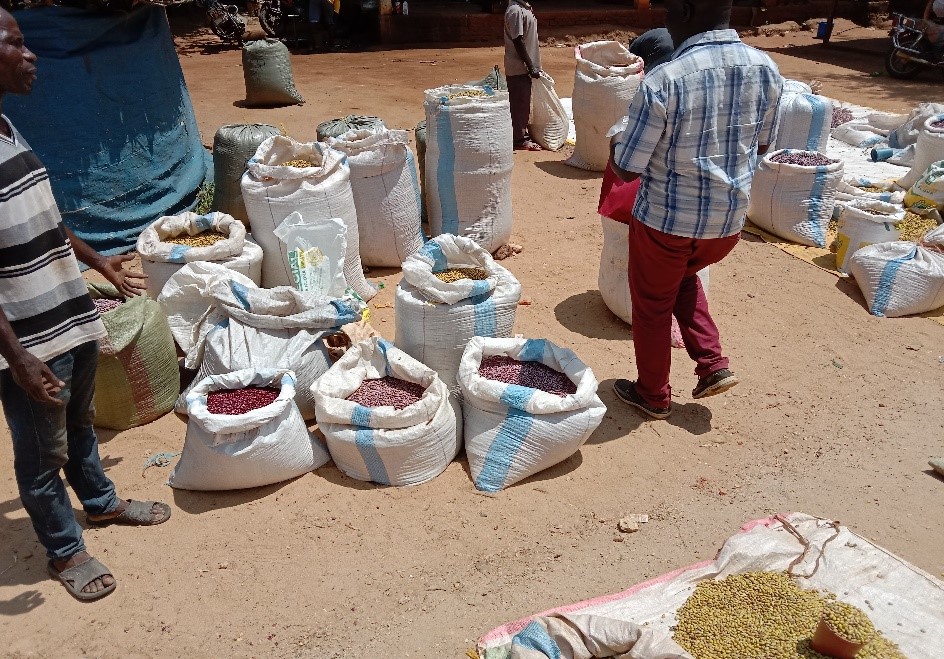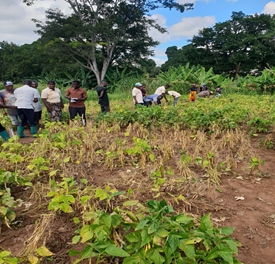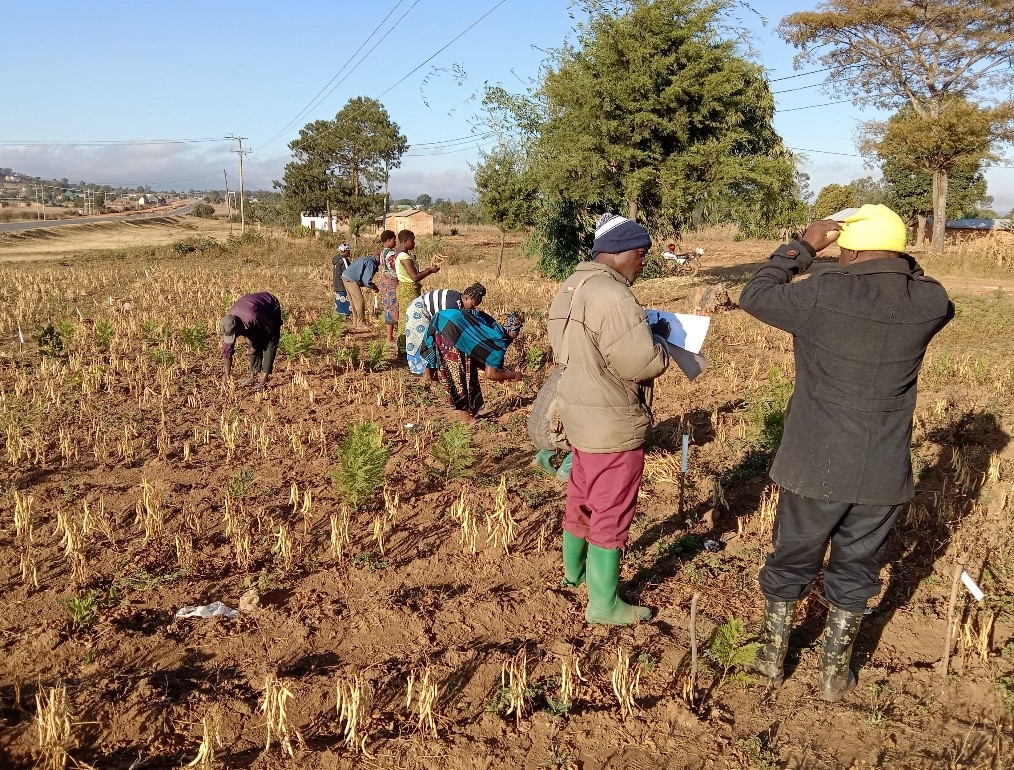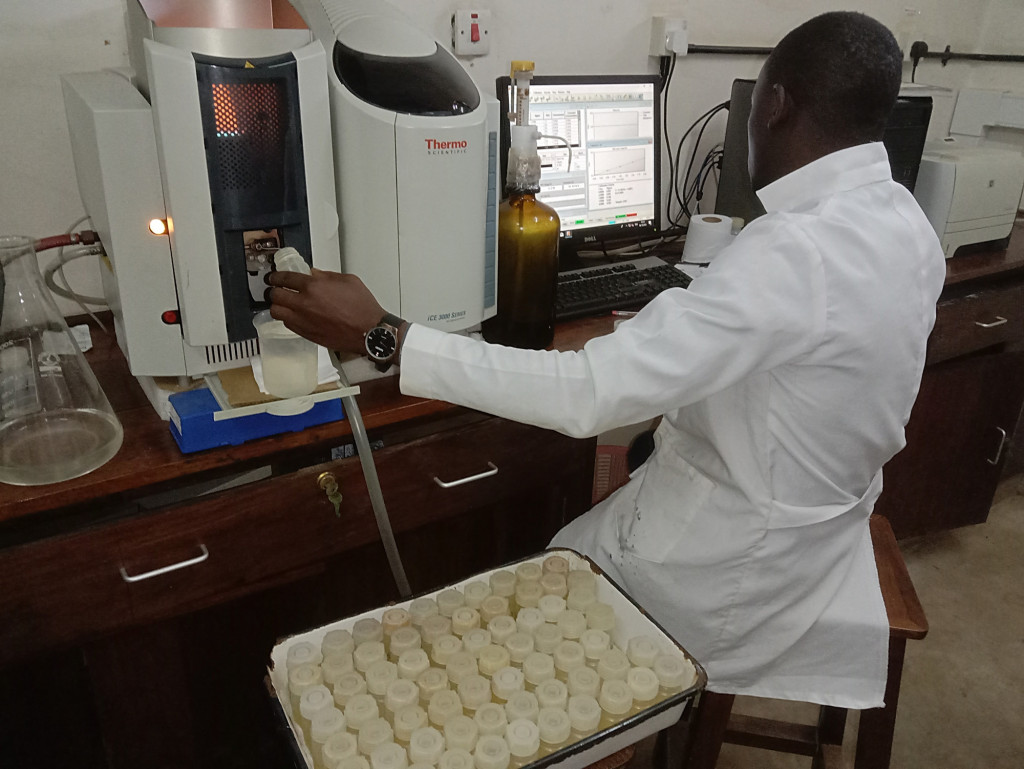Five bean varieties with good agricultural performance, improved nutritional features and shorter cooking time
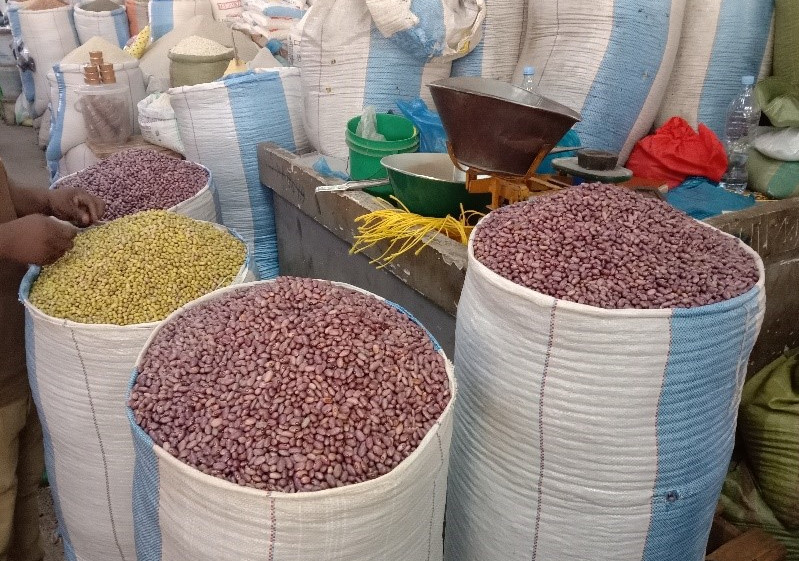
The FoodLAND partner Sokoine University of Agriculture (Tanzania), under Principal Investigator, Prof. Susan Nchimbi Msolla, has developed five bean lines with improved nutritional properties and good agricultural performance. These five varieties were selected from a total pool of 90 types, and the evaluation was based on agronomic performance and iron and zinc levels along with the cooking time of beans, in order to reach bean varieties that might be beneficial from different points of view.
Common bean (Phaseolus vulgaris L.) is a valuable source of proteins, fibre, vitamins, and minerals, especially iron and zinc, which are very important minerals for the human body and inadequate consumption results in micronutrient malnutrition. In Tanzania, around 41% of children under 5 years old and 35% of women aged 15-49 are reported to experience iron deficiency and the country is also categorized as high risk for zinc deficiency, with approximately 37.5% of the population at risk of insufficient zinc intake.
Starting with a pool of 90 bean varieties, the selection of the varieties by FoodLAND researchers was based on on-station trials and analyses of yield, disease resistance and iron and zinc levels. A group of farmers was also involved during the evaluation process, as they are interested in new varieties performing better than their existing local varieties. Each farmer was asked to select 3 best-performing bean varieties based on his or he preferences. After field evaluation, harvested bean lines were subjected to cooking time tests and iron and zinc lab analyses.
The combined performance of the bean lines was made according to these criteria: number of days needed for flowering and maturation of seeds, weight of 100 seeds, number of kilograms yielded per hectare, cooking minutes both for soaked and unsoaked seeds, and iron and zinc content of seeds.
Now the best-performing legume varieties are selected, researchers look forward to validating the tests at a wide scale, that is, with a large number of farmers, and then they will apply for official variety release of at least four selected lines to the Tanzania Official Seed Certification Institute.
